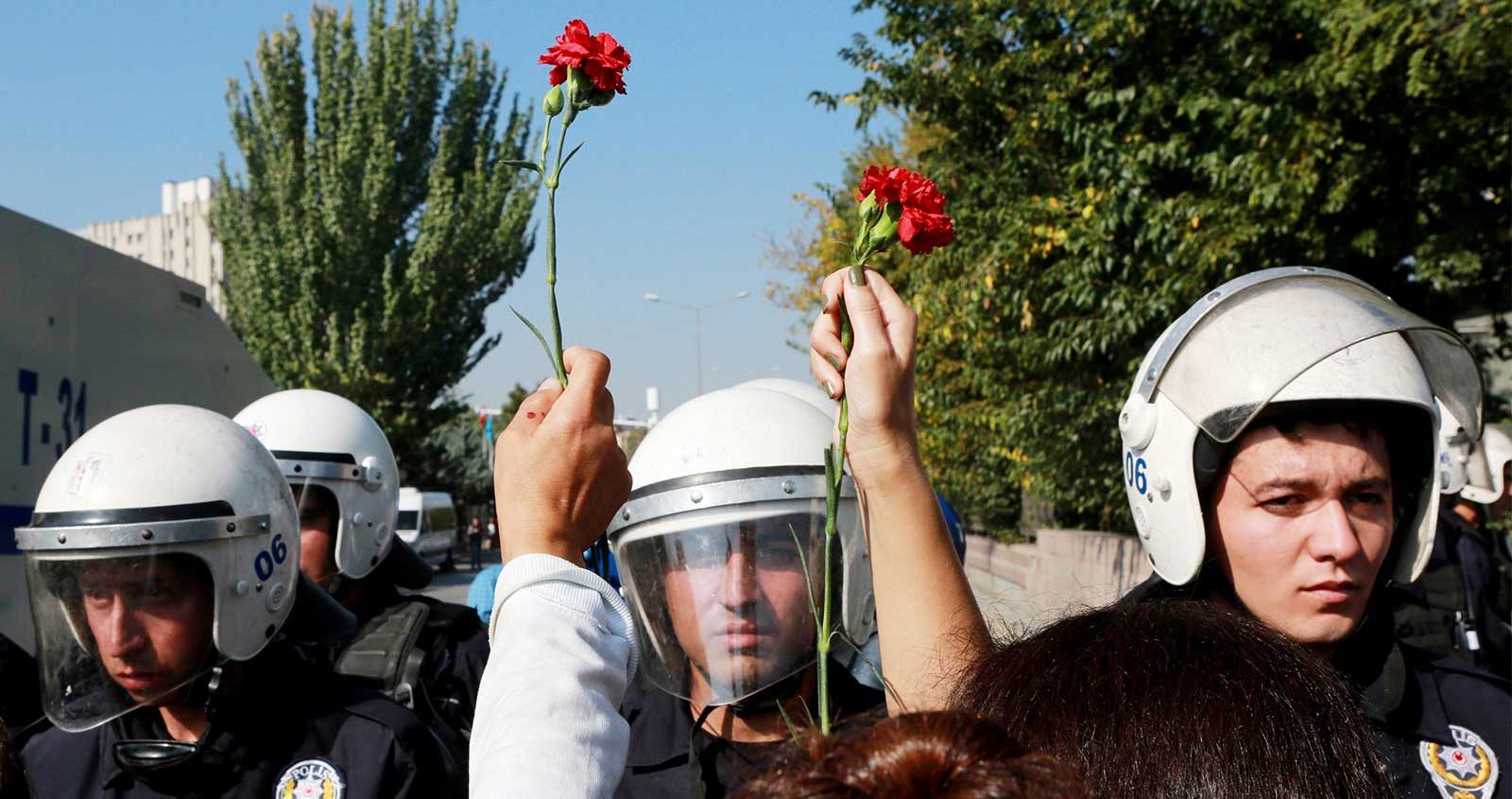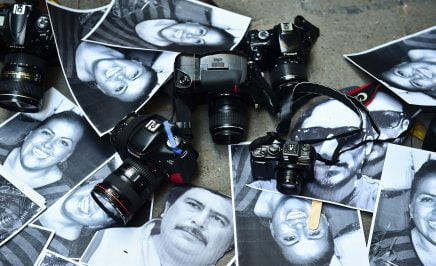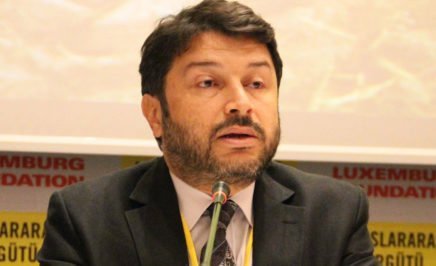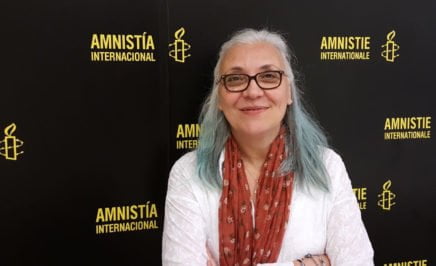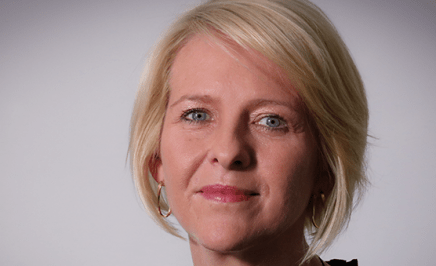Ahead of Sunday’s parliamentary and presidential elections in Turkey, Amnesty International has published a media briefing documenting some of the most egregious human rights abuses that have followed the failed coup attempt in July 2016.
The briefing highlights the vast swathe of people impacted by the crackdown, including journalists, public sector workers, the LGBTI community as well as human rights defenders such as Amnesty Turkey’s Honorary Chair, Taner Kılıç.
On Thursday, a court in Istanbul failed to release Taner after more than a year of arbitrary prison detention. Taner’s next hearing on trumped up terrorism charges is scheduled for 7 November. If found guilty he could face up to 15 years in prison.
“The shockwaves of Turkey’s post-coup attempt crackdown continue to devastate the lives of a vast number of people including Taner Kılıç who has spent more than a year behind bars,” said Gauri Van Gulik, Amnesty International’s Europe Director.
PRE-ELECTION MEDIA BRIEFING FOR TURKEY
On 24 June parliamentary and presidential elections will take place in Turkey. Since a failed coup attempt in July 2016, the worsening human rights situation in Turkey has drastically deteriorated still further.
In a series of reports Amnesty International has highlighted serious human rights violations including:
Assault on civil society
“Under the cloak of the state of emergency, Turkish authorities have deliberately and methodically set about dismantling civil society, locking up human rights defenders, shutting down organizations and creating a suffocating climate of fear,” said Gauri Van Gulik, Amnesty International’s Europe Director.
More than 1,300 NGOs have been permanently closed down for unspecified links to “terrorist” organizations. They include a number of organizations that once carried out vital work supporting groups such as survivors of sexual and other gender-based violence, displaced people and children.
Read more: Turkish government crackdown suffocating civil society through deliberate climate of fear
Amnesty Chair’s ordeal continues after more than a year of torment
Those caught up in this crackdown include Amnesty International’s own staff. Taner Kılıç, Amnesty Turkey’s Honorary Chair, has spent more than a year in prison on baseless charges of belonging to a terrorist organization.
“The evidence of Taner’s innocence is emphatic. His detention is a gross injustice that exposes Turkey’s flawed justice system and the government’s cold-blooded pursuit of people work to defend human rights,” said Salil Shetty, Amnesty International’s Secretary General.
In a cruel twist, the trial court ordered Taner’s release in January 2018, before reversing its own ruling hours later.
Taner’s daughter Gülnihal Kılıç described her family’s anguish:
“It is not something that becomes normal over time. On the contrary, my father’s imprisonment becomes more and more difficult for us to endure as each day passes.”
Following the fourth hearing in his case on 21 June 2018, Amnesty International released this statement: Turkey: Court defies logic as Amnesty Turkey Chair kept in jail
Read more: One year since the imprisonment of Taner Kılıç, demands for his release will not be silenced
Crackdown on journalists
A stifling climate of fear has enveloped Turkey’s media landscape since the coup attempt. More than 150 journalists and other media workers are currently in prison and at least 180 media outlets have been shut down.
“In Turkey, what we are witnessing is an attempt to end all independent journalism. In the last three years, Turkey has become the world’s biggest jailer of journalists with some sentenced to life imprisonment simply for doing their jobs,” said Gauri Van Gulik.
Read more: “For journalists, Turkey has become a dungeon”
250,000 demand release of jailed journalists
Purge of public sector workers
The arbitrary dismissal of more than 100,000 Turkish public sector workers has had a catastrophic impact on their lives and livelihoods. Tens of thousands of people including doctors, police officers, teachers, academics and soldiers, branded as ‘terrorists’ and banned from public service, are now struggling to make ends meet.
“Arbitrarily dismissing 100,000 people and branding them “terrorists” is akin to professional annihilation on a massive scale and is clearly part of the wider purge against real or perceived political opponents,” said Andrew Gardner, Amnesty International’s Turkey Strategy and Research Manager.
Read more: “Professional annihilation” of 100,000 public sector workers in post-coup attempt purge
LGBTI Pride marches under threat
For the past three years Turkish authorities have banned LGBTI Pride marches in Istanbul. Since November 2017, all LGBTI events are subject to a blanket and indefinite ban in Turkey’s capital Ankara.
One activist told Amnesty International: “With the crackdown on freedom of expression, spaces for LGBTI people to be themselves are shrinking. They see no hope, no future. Many of us have either moved to other countries or are thinking of leaving.”
The next Istanbul Pride march is scheduled for 1 July.
Credible allegations of torture and other ill-treatment
Earlier this month 14 Boğaziçi University students who had been held in pre-trial detention in prison on allegations of ‘making propaganda for a terrorist organizations’ for protesting Turkey’s military operation in Afrin were released by an Istanbul court on 6 June. Their allegations of torture and other ill-treatment must be investigated.
Read more: https://www.amnesty.org/en/
Amnesty International is also calling on the Turkish authorities to initiate a prompt, impartial, independent and effective investigation into the allegations of excessive use of force, torture and other ill-treatment committed by police officers against a group of high school students and graduates, following a peaceful demonstration in Istanbul on 8 June 2018. High school students
Read more: https://www.amnesty.org/en/
